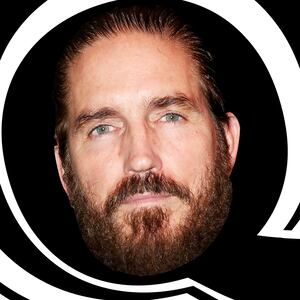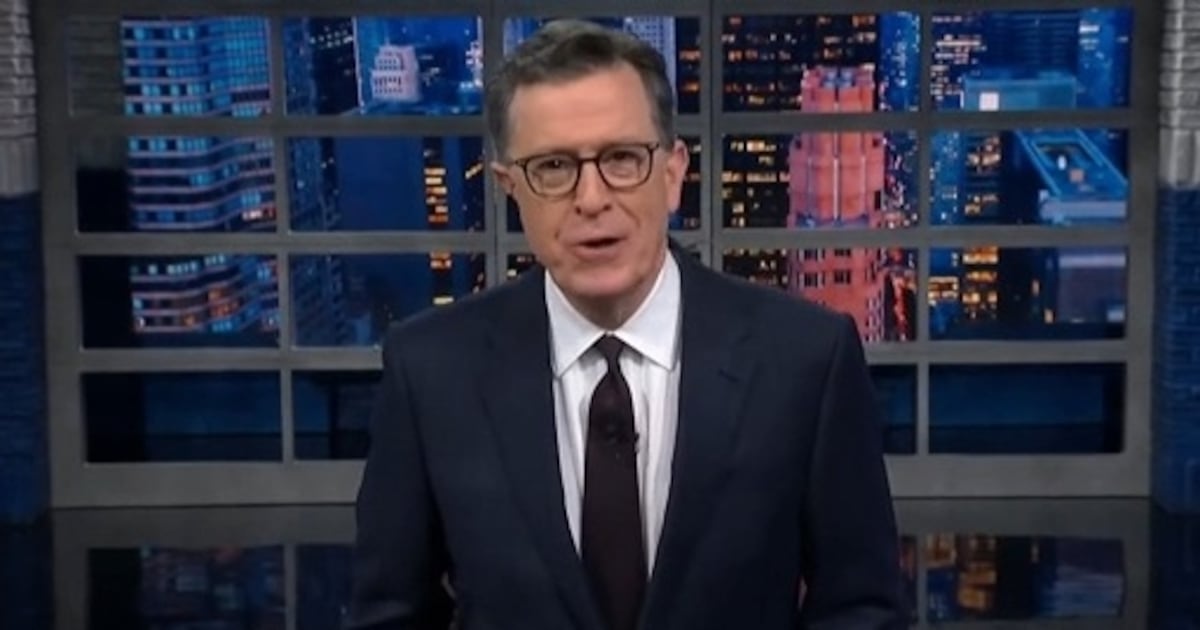Summer blockbusters usually tend to announce themselves well in advance—consider Barbie, Greta Gerwig’s feverishly anticipated feature-length Mattel commercial, or the latest Mission: Impossible, which has been pitching itself for months on the strength of Tom Cruise’s insane stunts.
So it’s a marvel that Sound of Freedom, a partially crowdfunded religious drama starring Jim Caviezel, has become a box office sensation this month. The film has raked in over $40 million since its July 4 release, including $19.7 million last weekend, according to Box Office Mojo. That makes it the third most-popular movie in the country, behind Insidious: The Red Door, which debuted with $33 million, and Indiana Jones and the Dial of Destiny, which made $27.4 million in its second weekend.
So what is this unlikely summer blockbuster—and why is it now the subject of so much controversy? Let’s dig into it.
What is this movie?
Sound of Freedom is an action-thriller written and directed by Mexican filmmaker Alejandro Gómez Monteverde. It’s based on the true story of Tim Ballard, a former undercover agent for the Department of Homeland Security whose investigative work revolved around saving children from pedophiles and prostitution rings. Ballard previously advised former President Donald Trump on trafficking issues.
Why is it a big deal?
As mentioned above, the independent film, distributed by “values-based” production company Angel Studios, was the third most-watched film in the U.S. last weekend. That’s huge, especially considering that its grassroots success can largely be attributed to the praise it’s received from right-wing media figures.
What’s more, the film has been years in the making; the script was written in 2015 and filming wrapped in 2018, per Screen Rant. It was originally produced by 20th Century Studios, but Disney put the project on hold after acquiring the studio in 2019. The Utah-based Angel Studios, which is mostly known for its slate of religious projects, subsequently adopted it.
Why is it so controversial?
Basically, because the plot of the film inflames ingrained QAnon conspiracies that massively over-inflate the statistical realities of child sex trafficking, according to Rolling Stone.
Then there’s the Jim Caviezel of it all. The actor, who memorably played Jesus in Mel Gibson’s 2004 blockbuster The Passion of the Christ, has a long history of peddling QAnon conspiracy theories, and that’s continued in his promotion of the new film. During a recent appearance on Steve Bannon’s podcast, Caviezel talked up the QAnon theory that child traffickers drain children’s blood to harvest a life-extending hormone called “adrenochrome.” “This is a big deal,” Caviezel told Bannon.
As we previously reported, the actor has also appeared at a QAnon convention where he delivered a fiery speech drenched in religious and QAnon references.
What do critics think?
At Variety, critic Owen Gleiberman said that Sound of Freedom is “a compelling movie that shines an authentic light on one of the crucial criminal horrors of our time, one that Hollywood has mostly shied away from.”
At Slate, writer Sam Adams said that “the movie darkly hints that there are more well-connected and outwardly respectable variants [of pedophiles and sex traffickers] out there, willing to pay six figures and up for what Caviezel’s character, who poses as a businessman trying to set up a high-end members-only club for child rapists, calls ‘a little pedi action.’”
On RogerEbert.com, meanwhile, Nick Allen wrote, “Sound of Freedom takes place in, and posits to be, a tough conversation piece about the world of child sex trafficking, but it’s hardly any more informational than a horror movie about bogeymen.”
In any event, if its box office performance—and 76 percent rating on Rotten Tomatoes—are any indication, audiences seem to be eating it up.







